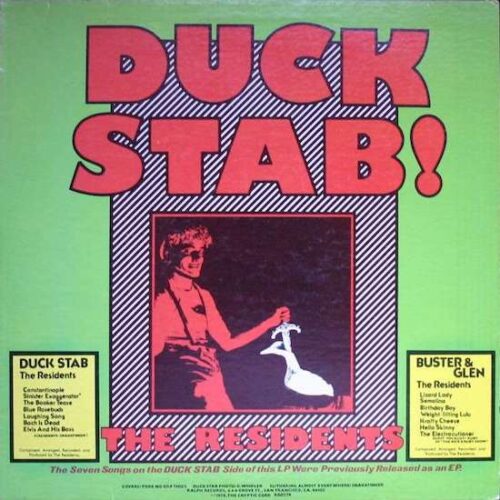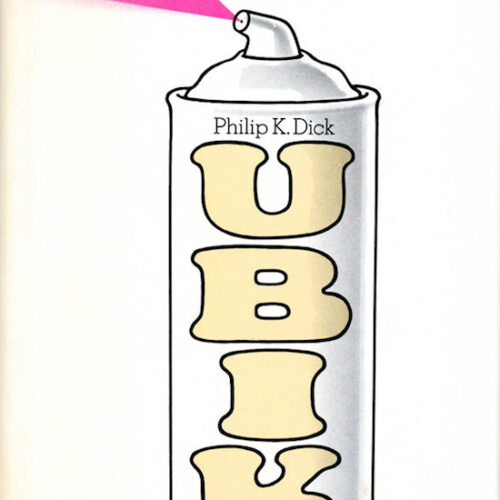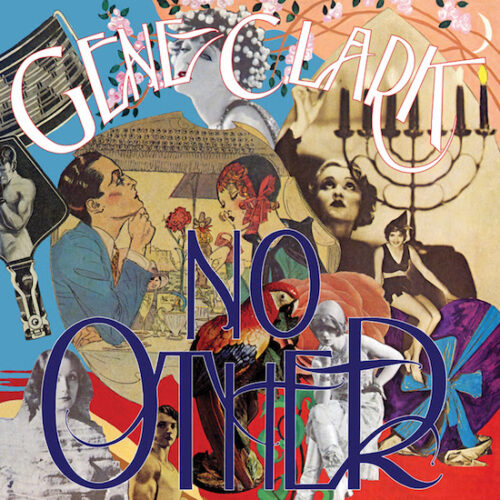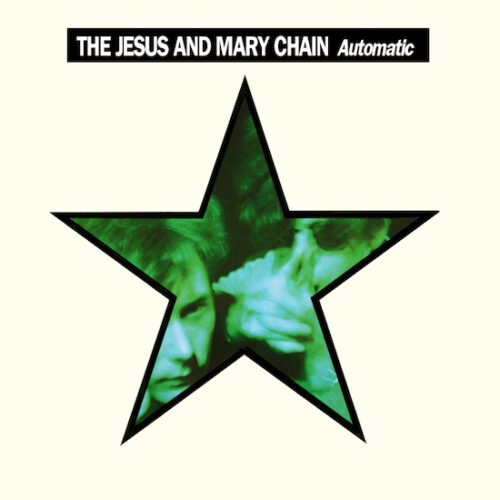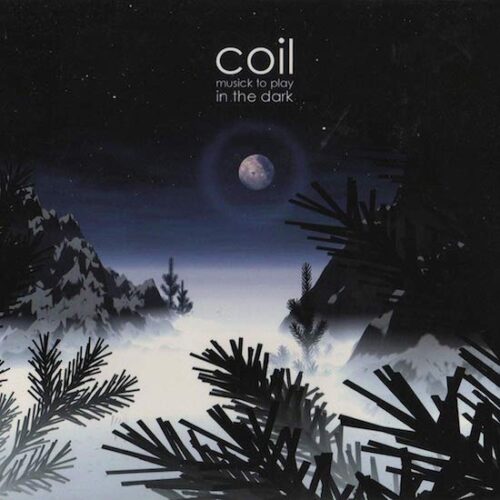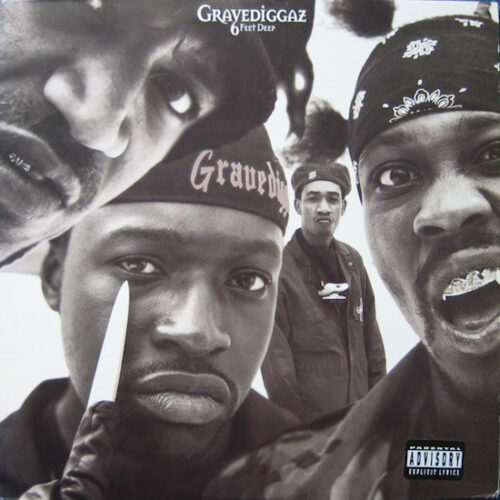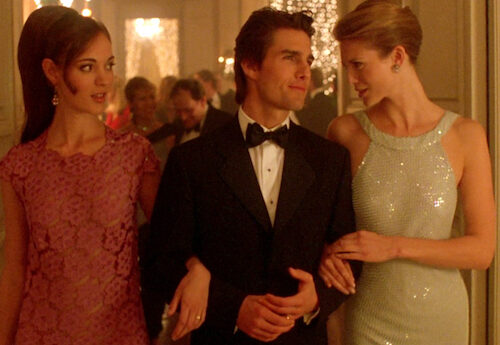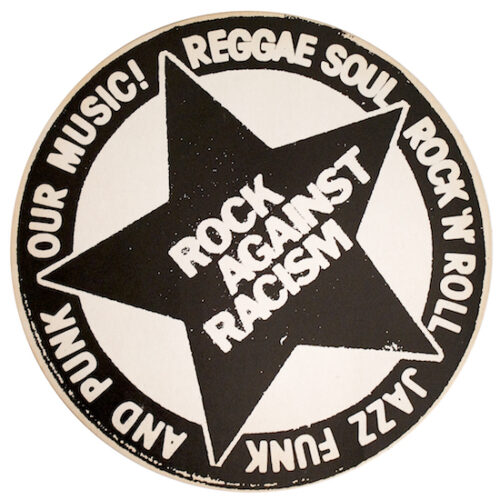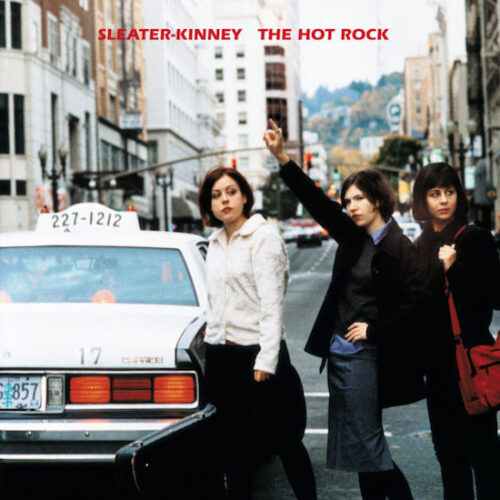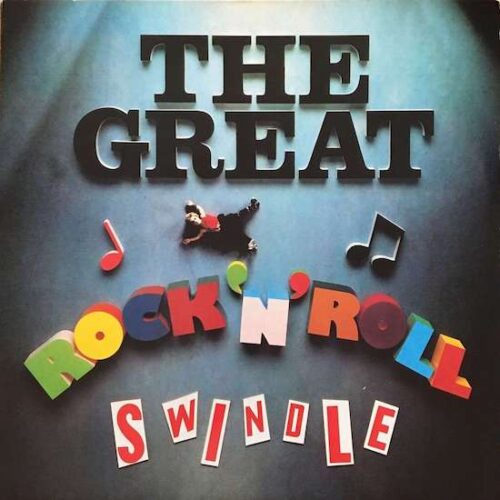


Anniversary
Spotlighting the impact of cultural landmarks
In Fair England: Fairport Convention’s Liege & Lief At 50
Yes they probably invented folk rock but also, on their landmark third album, Fairport Convention, presented a view of England that has now been lost... one of violent division along lines of class and gender but one that was also positive and questing, says Michael Hann

Magnificent Cheat: Revisiting Nirvana’s MTV Unplugged In New York
Rather than simply play acoustic versions of their hits, Nirvana treated MTV’s Unplugged show as an opportunity to turn their own music on its head, to connect it to American roots and European glam. 25 years on, the resulting album, MTV Unplugged In New York, stands as their finest work, says David Bennun

20 Years On: How Everything But The Girl’s Temperamental Helped Me Live Again
Tracey Thorn and Ben Watt’s final album together is a collection of songs “about going out” with a troubled mind at their core. When he recovered from a traumatising illness, Michael White fell hard for its blend of beats and brooding

40 Years On: Michael Jackson’s Off The Wall Revisited
The legacy of Michael Jackson looked to be assured when he died a decade ago, but further shocking allegations have left him in danger of being “cancelled”. Can all the King of Pop’s horses and all the King’s men put MJ back together again? And, asks Jeremy Allen, to what extent is his legacy worth saving anyway?

The Schrödinger’s Cat Trilogy By Robert Anton Wilson At 40
Revisiting the work of the American futurist and self-described agnostic mystic, Robert Anton Wilson, forty years since the publication of his Schrödinger’s Cat Trilogy, Sean Kitching finds the author’s questing vision more vital and necessary today than it has ever been

Running Free: Looking Back 40 Years To The Birth Of NWOBHM
Michael Hann talks to Joe Elliott of Def Leppard, Cronos of Venom, Biff Byford of Saxon and more about the grassroots movement termed the New Wave Of British Heavy Metal which revitalised the genre and laid the foundations for extreme metal as we know it today

The Olivia Tremor Control’s Black Foliage Revisited
Sean Kitching talks to Olivia Tremor Control co-founder, Will Cullen Hart, about re-injecting the psychedelic into 60s psych pop and the less immediately apparent influences that inspired The Olivia Tremor Control’s 1999 magnum opus, Black Foliage: Animation Music Volume One

Calm Amidst The Storm: Low’s Debut 25 Years On
From ignorant farmers to making one of 2018’s most revered records, Low and producer Kramer talk to Daniel Dylan Wray about the making of I Could Live In Hope, the album that started it all off, ahead of their appearance at this year's Rewire festival in The Hague
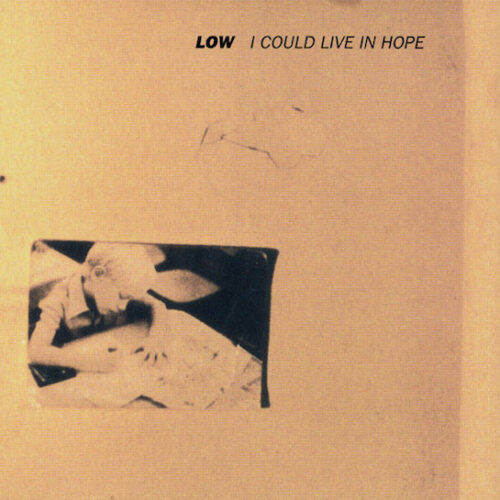
Beyond The Vast Nineties: Exploring Extreme Behaviour In Black Metal
In February 1994, Darkthrone and Emperor released albums that are regarded as some of the most influential and important black metal ever created. Both acts also became enmeshed in controversies that would likely end a career if they happened today. Ben Handelman examines these albums and how we've distinguished youthful missteps from unacceptable and dangerous behaviors in this community over the years
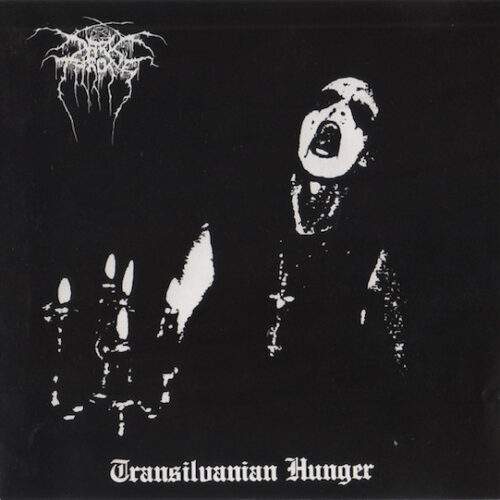
Truly Ancient Truly Future: The Art Ensemble of Chicago’s Nice Guys
With a back catalogue of over 50 challenging albums, it might look like there's no particularly easy way of cracking the enigma of the Art Ensemble Of Chicago. Not so, says Eden Tizard, looking back at the group's first ECM album, Nice Guys, which was released 40 years ago this month
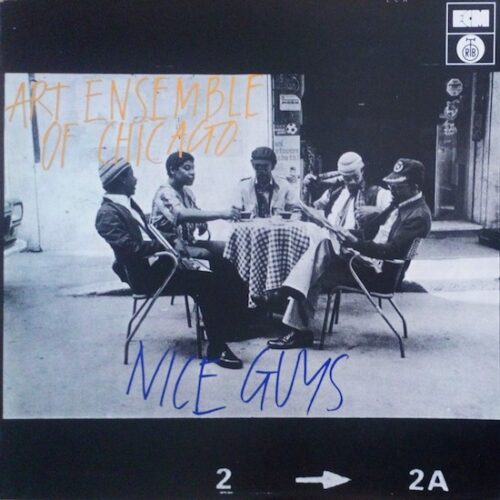
It’s The Buzz, Cock! Spiral Scratch 40 Years On
The Buzzcocks' Pete Shelley and Steve Diggle plus manager Richard Boon speak to Patrick Clarke about the unintentional genius of their landmark debut (this feature was republished on 7th December 2018 to mark the sad passing of Pete Shelley)
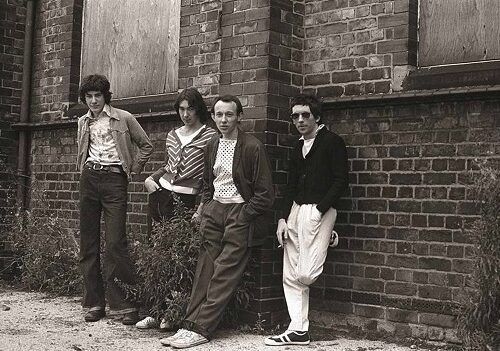
Dub Stab In Duck Housing: The Residents ‘Break Through’ In 78
Sean Kitching argues that 1978s two most idiosyncratic releases, the Residents’ Duck Stab/Buster & Glen and Pere Ubu’s Dub Housing, both released on November 30 of that year, represent a pinnacle of individualism at the outer periphery of American art rock
